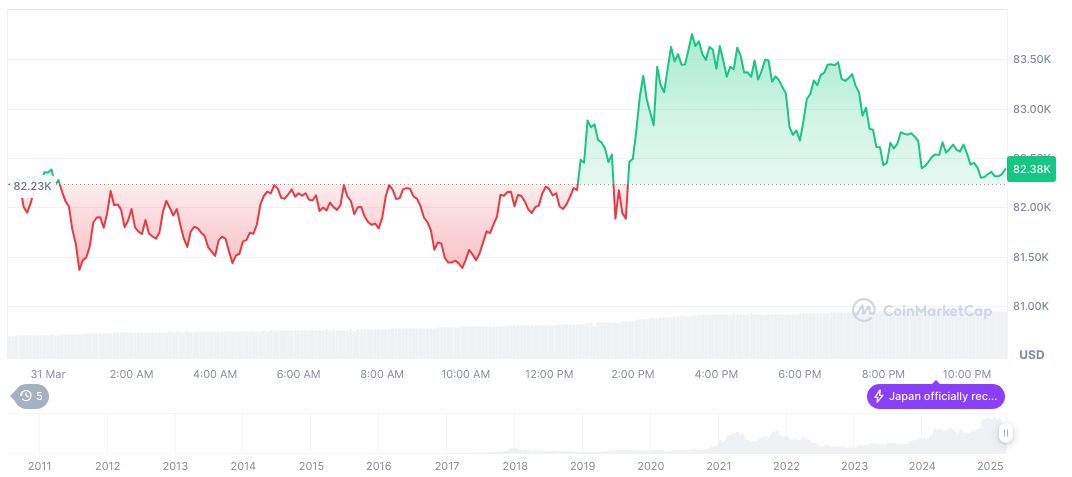- Rhode Island bill proposes exempting small Bitcoin transactions from state tax.
- Up to 10 transactions monthly can be tax-free.
- Aims to boost blockchain economy in Rhode Island.
Rhode Island is considering a groundbreaking bill potentially exempting certain Bitcoin transactions from state capital gains tax. Introduced in February 2025 by Senator Peter A. Appollonio, it targets small transactions under $1,000.
The proposal could stimulate local Bitcoin adoption and position Rhode Island as a technology leader in the blockchain sector.
Rhode Island’s Senate Bill 451: Key Highlights
Rhode Island’s Senate Bill 451, introduced by Senator Peter A. Appollonio, proposes a tax break for up to ten Bitcoin transactions per month, each valued under $1,000. The goal is to facilitate more seamless digital asset payments.
By exempting these transactions from state capital gains tax, the bill’s passage aims to enhance Rhode Island’s attractiveness as a blockchain-friendly state. The exemption does not apply to federal taxes, requiring strict record-keeping and authorizing possible audits by state tax authorities.
“This bill’s passage would effectively reduce friction in digital asset payments and stimulate the state’s blockchain economy, positioning Rhode Island as a leader in technology.” – Chris Perrotta, Chairman, Rhode Island Blockchain Council.
Bitcoin Market Trends Amid Legislative Change
Did you know? Rhode Island’s proactive stance on blockchain mirrors progressive technologies adopted by states like Wyoming, but with a unique focus on small Bitcoin transactions.
According to CoinMarketCap, Bitcoin (BTC) trades at $82,937.03, with a market cap of $1.65 trillion and a daily trading volume of $27.56 billion, showing a 63.17% increase. Despite a recent 1.77% rise over 24 hours, Bitcoin faces a 7-day drop of 4.15%, reflecting ongoing volatility.

Coincu research forecasts that if effective, this legislative initiative could open pathways for similar reforms. The focus on small transactions may demonstrate a practical regulatory model, reducing entry barriers for individuals and businesses venturing into cryptocurrency.























